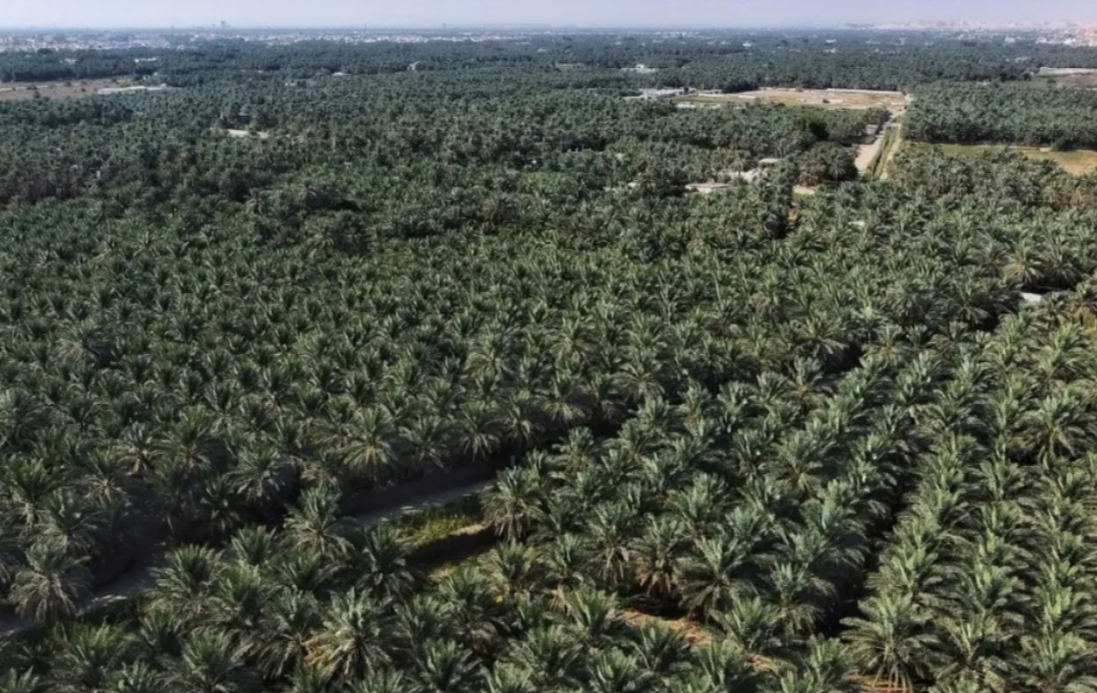#Innovation, #Realestate, #Technology
Cold storage has emerged as one of the most dynamic and high-potential niches in commercial real estate. Long considered a non-institutional asset class, cold storage is now gaining mainstream recognition, especially with the inclusion of this category in key investment indices. With over 75% of existing facilities built before 2000, the need for modern, energy-efficient warehouses is urgent. The segment is attracting increasing levels of institutional capital, as investors seek exposure to assets with strong long-term demand fundamentals.
A major driver of this growth is the consolidation of the agricultural and food industries. As farms and food companies scale, they require larger, more advanced storage infrastructure. New cold storage facilities—often equipped with blast freezers, automated systems, and high ceilings—allow for better logistics, reduced labor costs, and greater food safety. Centralized regional warehouses are replacing fragmented networks, creating significant opportunities for real estate development.
Changing consumer behavior is further fueling demand. The rise in ultra-processed and ready-to-eat meals, along with a surge in fresh fruit and vegetable consumption, demands reliable cold chain logistics. Additionally, e-grocery is reshaping food distribution. As traditional supermarkets shift toward centralized fulfillment centers, cold storage becomes essential to meet expectations around freshness, speed, and convenience.
Another pivotal factor is the growing need for pharmaceutical cold storage. As the U.S. population ages and pharmaceutical innovation expands, a rising share of medications and vaccines require strict temperature control. Over the next five years, about half of all new drugs will require cold storage. Logistics providers like UPS and DHL are already investing heavily in cold chain infrastructure to support this growth.
Although short-term pressures exist from increased supply and rising vacancy, the long-term outlook remains strong. Advancements in warehouse technology, including automation, temperature monitoring, and vertical storage, enhance both efficiency and cost-effectiveness. Cold storage is no longer just a niche—it’s becoming a core component of modern supply chains, with growing relevance across food, pharma, and e-commerce sectors.
Check the full report here: https://bit.ly/4eaT79Q

Hilton announces luxury agritourism and eco-hotels in Saudi Arabia, expanding under Vision 2030.

Achieving Net Zero in real estate requires a seven-step Green Governance framework focusing on transparency, action, and long-term sustainability.
Accessibility Tools